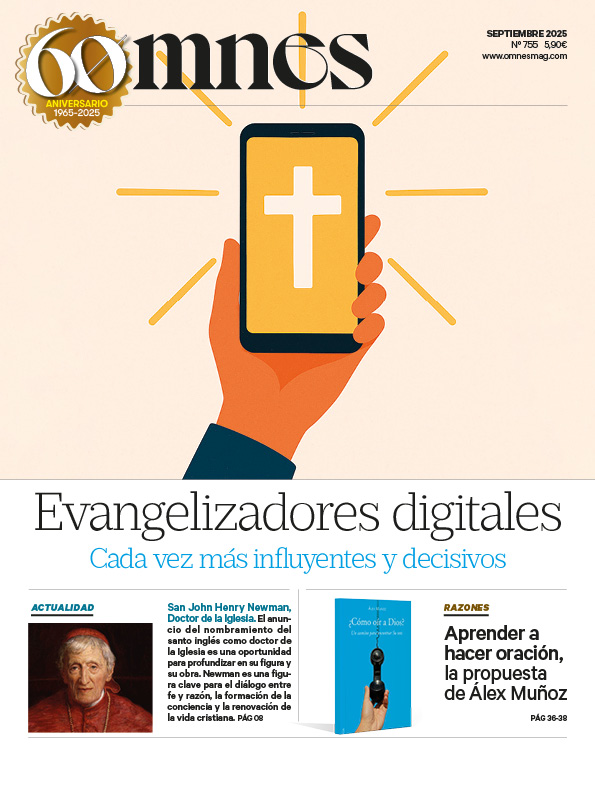After the months spent under confinement, pain and uncertainty, these days we remember those who died due to the pandemic in Spain also with public religious acts.
For this reason, certain secularist sectors denounce the celebration of Holy Mass in the presence of state, autonomous or municipal authorities as a violation of the non-confessionality prescribed in Article 16.3 of the Spanish Constitution ("No confession shall have a state character"). What is the truth of this report?
As always, calm legal reflection is very attentive to the context in which things happen. And that is why even in countries in favor of State-Church separatism (I am thinking of the United States after 9/11) experts understand that when situations of crisis and tragedy of national and global dimensions occur, official religious ceremonies can be admitted as an expression of mourning and national cohesion.
From experience in this and other fields, it seems to me that the celebration of a funeral Mass for the deceased with attendance (voluntary, of course) by public authorities is perfectly constitutional if three conditions are met, which I summarize below.
- 1) Not to compromise or violate the faith of citizens belonging to minority religious denominations.
- 2) That the attendance and/or celebration of this religious act have been democratically approved in accordance with the legally established procedure.
- 3) Finally, that there is no confusion between religious and state functions, i.e., that the religious act is understood to be linked to the traditions and customs of the city, region or country, not directly to the State as if it were part of its competencies or actions.
Moreover, the creation of para-liturgies state para-liturgies outside the religious sphere -regardless of their wisdom- may well be forms of "inverse may well be forms of "inverse confessionalism" that the Constitution, naturally, does not admit either, naturally, does not admit either.






